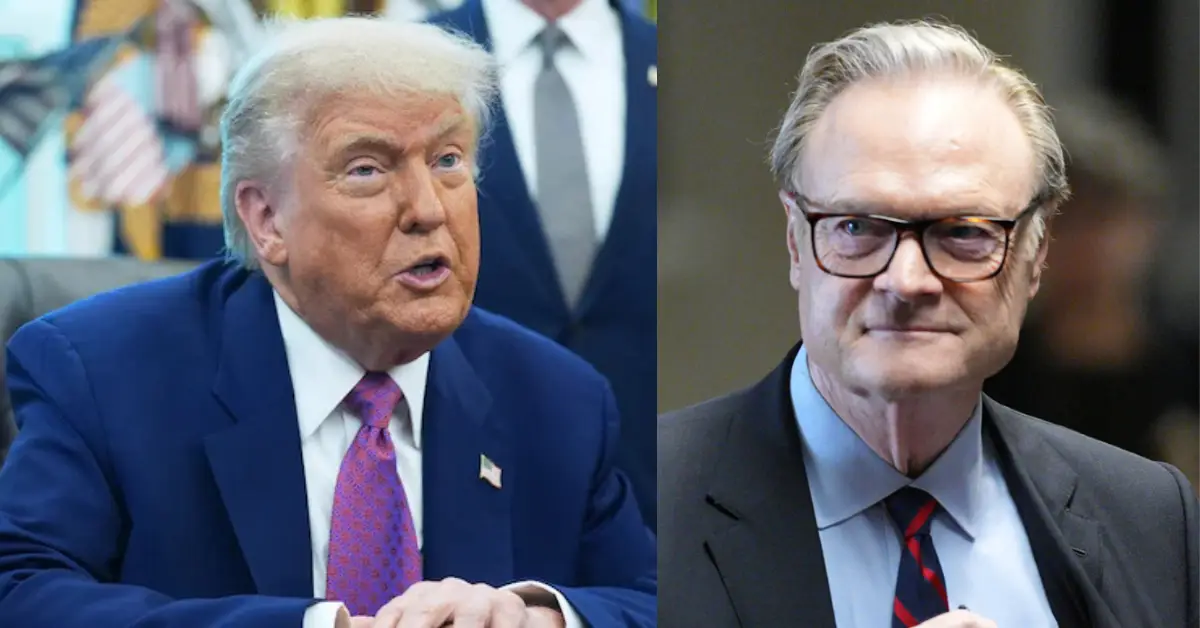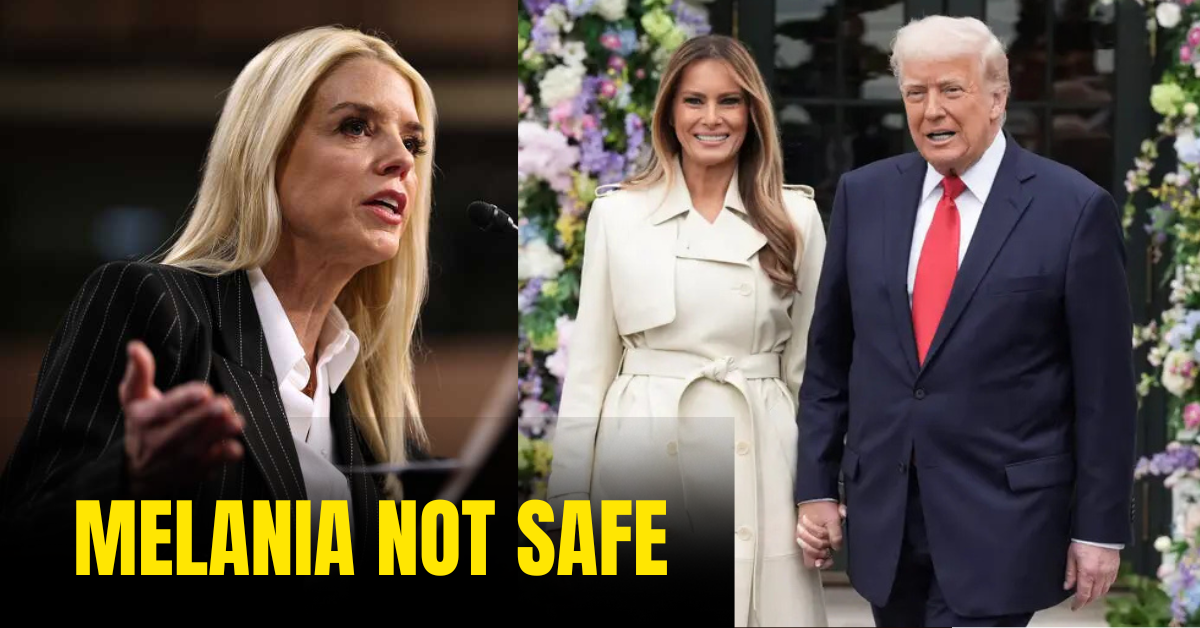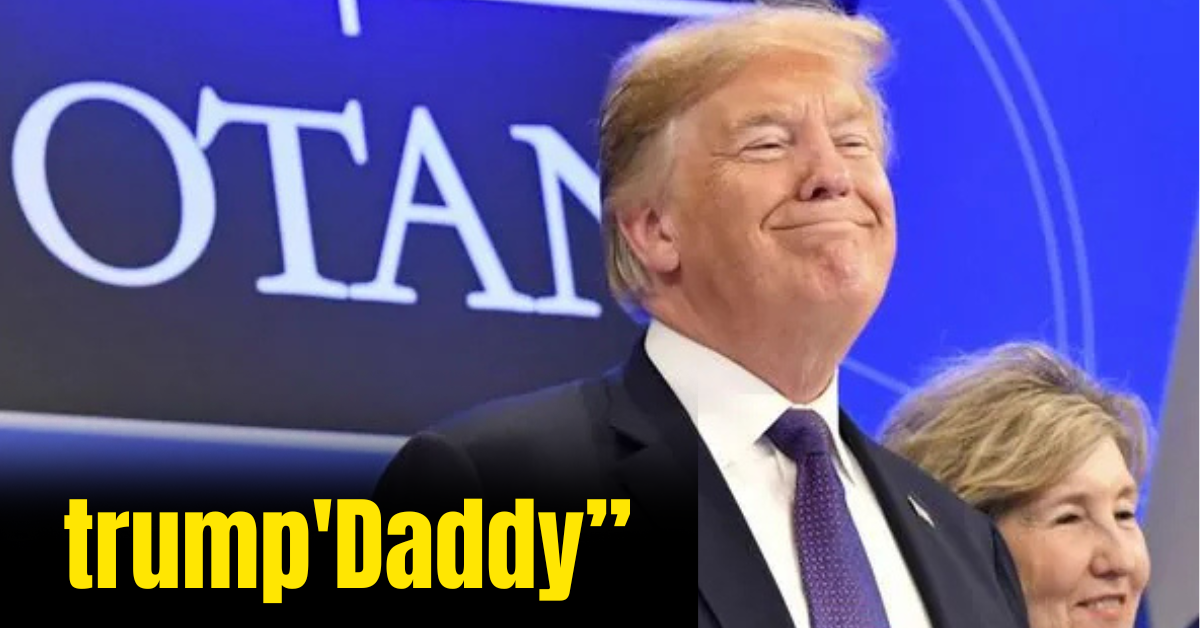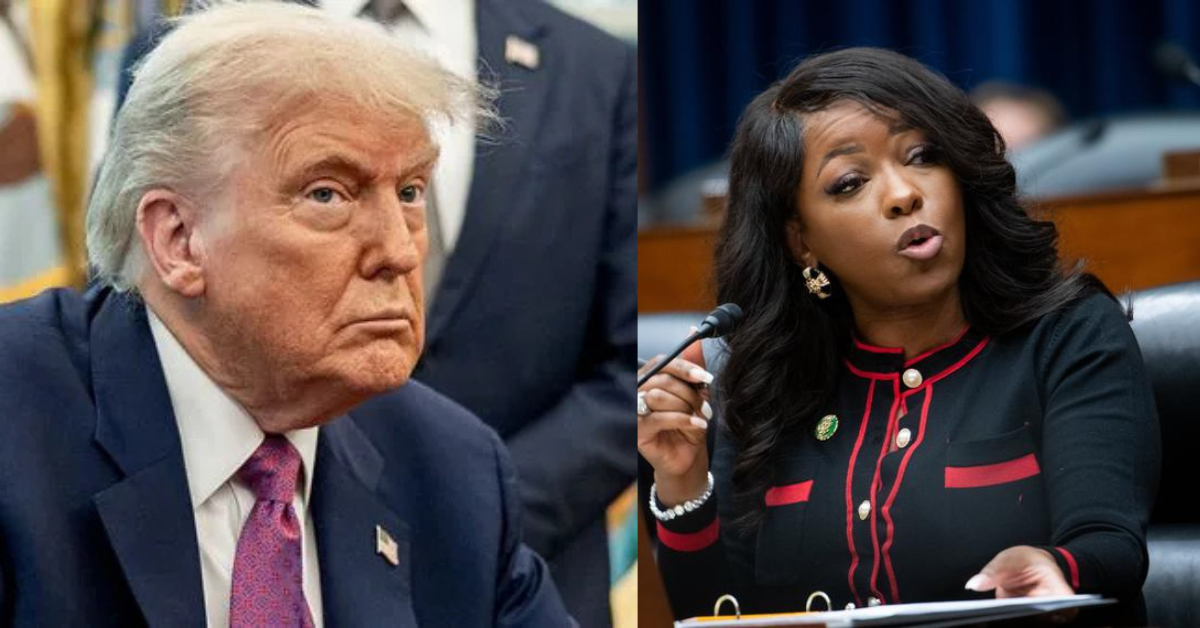Lawrence O’Donnell explains how Donald Trump’s “cognitive confusion” about whether he can appoint himself chair of the Federal Reserve, among other “stupid and demented” comments, is proving the psychiatrists who predicted his mental acuity would get worse right.
President Donald Trump’s recent public statements, including questioning whether he can appoint himself Federal Reserve chair and conflating the Declaration of Independence with the Civil War, have intensified concerns about his mental acuity. These remarks, made on June 21, 2025, coincide with critical Situation Room discussions on U.S. involvement in the escalating Israel-Iran conflict, raising alarms about the president’s capacity to lead during a volatile period. Critics argue that Trump’s apparent cognitive decline, coupled with his administration’s internal dysfunction, threatens national stability and global security.
During an Oval Office event, Trump mused aloud, “Am I allowed to appoint myself chair of the Federal Reserve?” This question, described by commentators as “singularly stupid,” reflects a fundamental misunderstanding of the Federal Reserve’s structure. The president lacks the authority to unilaterally appoint or fire the chair, a position requiring Senate confirmation. Trump’s target, Jerome Powell, a Republican he appointed in 2018 and whom President Biden reappointed, has faced relentless criticism from Trump for refusing to lower interest rates on demand. “I’ve been nice, I’ve been nasty, nothing works,” Trump said, calling Powell “stupid” and admitting to erratic persuasion tactics. Such statements underscore a lack of grasp on basic governance, alarming observers who note that no other president has publicly displayed such ignorance.
Trump’s historical confusion further fueled concerns. Pointing to a copy of the Declaration of Independence, he suggested the Civil War, which occurred 85 years later, “could have been solved” without 600,000 deaths. This misstatement, implying the two events were contemporaneous, stunned historians and educators. “Children in elementary school know the Declaration came first,” said a Boston-based history teacher. “This isn’t just ignorance; it’s a disconnect from reality.” Critics argue these lapses are not mere gaffes but potential signs of cognitive decline, a concern raised by mental health professionals since Trump’s first term.
The timing of these remarks is particularly troubling. Trump was reportedly in the Situation Room on June 20, 2025, debating U.S. support for Israel’s strikes on Iranian military targets, including potential bunker-buster bomb deliveries to the Fordo nuclear facility. His response to questions about striking Iran—“I may do it, I may not do it, nobody knows”—lacked the strategic ambiguity expected of a commander-in-chief. Six days earlier, Secretary of State Marco Rubio had stated the U.S. was not involved in strikes against Iran, emphasizing the protection of American forces. Trump’s vacillation, influenced by Fox News’ “wall-to-wall” coverage of Israel’s “military genius,” suggests external media sways his decisions more than advisors. The New York Times reported Trump began claiming credit for Israel’s actions after watching Fox, shifting from seeking a deal with Iran to considering escalation.
This instability extends to domestic policy. Trump’s “One Big Beautiful Bill,” a tax-and-spending package projected to add $2.4 trillion to the deficit, has divided his base. Elon Musk, once a key ally, called it an “abomination” for favoring wealthy tax cuts and cutting healthcare for 14 million Americans. The Congressional Budget Office revised its estimate on June 21, 2025, warning the bill’s economic impact could be worse than projected. Trump’s response—deploying the California National Guard to Los Angeles to distract from Musk’s claim that Trump appears in Jeffrey Epstein files—was ruled illegal by a federal judge, highlighting his willingness to flout legal norms.
Public disapproval is mounting. Polls show 61% of Americans disapprove of Trump’s handling of inflation, 60% oppose his tariffs, and 79% say their economic situation is unchanged or worse since last year. His campaign promises of world peace and economic prosperity—ending Russia’s war in Ukraine and bringing stability to the Middle East—have faltered. His suggestion of “White Lotus-style beach resorts” in Gaza was mocked as delusional. Critics, including MSNBC’s Lawrence O’Donnell, warn that normalizing Trump’s erratic behavior risks desensitizing the public to his leadership failures. As the GOP grapples with a president who insults allies like Tucker Carlson and threatens economic chaos, the question looms: If Trump’s mental decline worsens, how will the nation respond?







